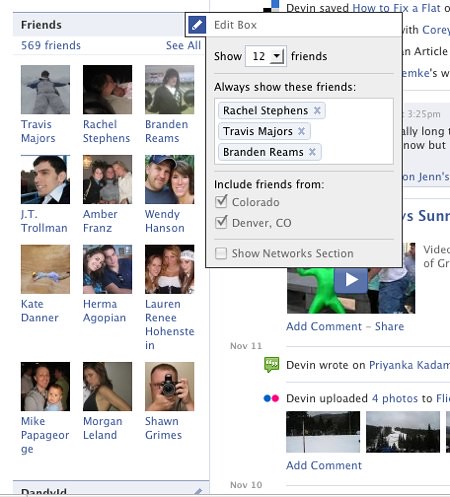I’ve been experimenting with a new site for the last month or two. Hunch is a new endeavor by some really smart folks (Flickr co-founder, SiteAdvisor folks, Ivy League individuals, etc.). The basic premise:
In 10 questions or less, Hunch will offer you a great solution to your problem, concern or dilemma, on hundreds of topics.
Although Hunch is in a private beta for one more week, it has amassed over 2,100 topics on everything from Electronics to Sports and Fitness .
Hunch is the lazyweb
Frankly, Hunch is a great idea and I have no doubt will become another staple of the internet. What Wikipedia is to knowledge sourcing, Hunch is to decision making. With the ability for anyone to make edits, suggests decisions, vote up, vote down, and leave comments in the form of pros and cons of a decision, Hunch will become the platform for decision information.
If you think about it, people are making decisions every day. Very often we involve our friends. Too often I see friends on Facebook or Twitter ask questions like: should I buy the new iPhone 3GS or the Palm Pre? What should I do over the weekend? What graphic design book should I read? Or they’re answering the questions like “What cocktail am I?” [note: who cares?] My selfish dream is that this chatter disappears and relocates to Hunch; a site dedicated and perfectly designed to handle these questions (much better designed than 140 characters on Twitter).
Badges are always a win
If you want to build a web application that encourages people to immediately sign up and be active: add badges. I’ve used Hunch maybe a dozen times and I already have 8 super sweet badges. No doubt I’ll be back to get more. But seriously, credibility is important on the web. Banjos are to Hunch what edits are to Wikipedia and reputation are to Stack Overflow. It encourages more participation, though, arguably may incentivize people to add junk. That’s fine though, in theory, as the community will sort out the user generated signal from the noise.
The hidden value: Teach Hunch
Hunch asks a lot of questions about you. It gains a lot of information not only from your decisions, edits, recommendations, etc. It also asks you, point blank, “Do you enjoy shopping for clothes?” or “Do you have a car?”

My previous answer was the same as 48% of respondents. I'm in the minority?
From the plethora of information that thousands of users are providing you can quickly get some very cool (anonymized) correlations.
Of course, the concern being how much Hunch can learn from us, where that information will go, how it will be used for/against us, etc. Some will argue its harmless in the beginning, others say that















